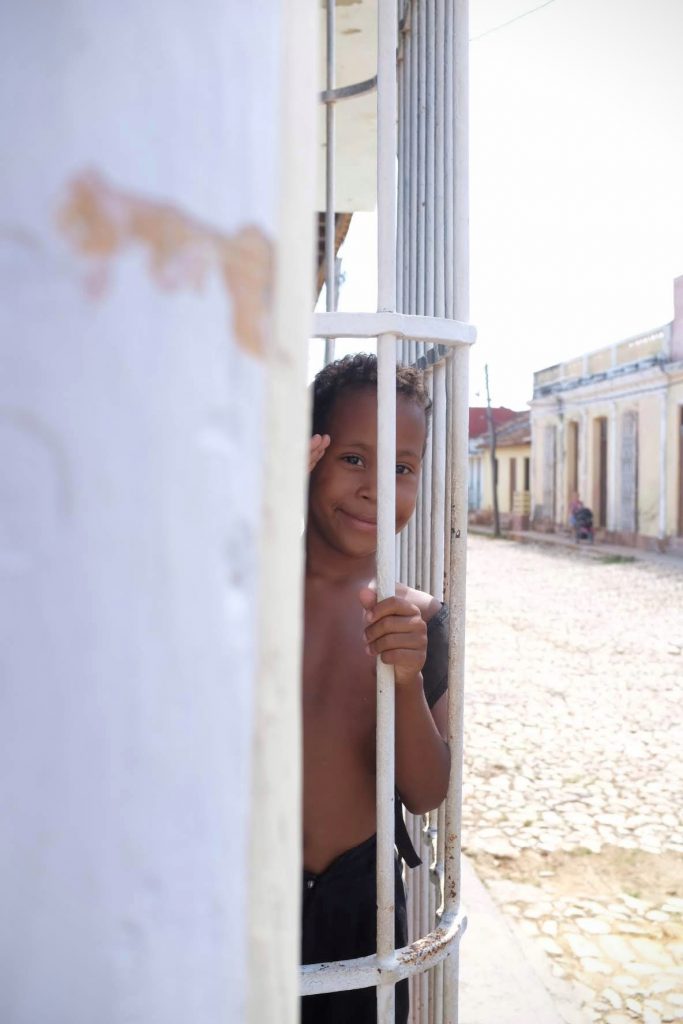
One of the first things I learned from our guide, photographer Luis Alarcon, was “Don’t ask why.” Why is the salary of a doctor just $35 a month? Why does a 70-year-old car cost $35,000? Why does fish have to be sold on the black market? Why can’t cows be killed? Why will Cubans wait for hours in line for ice cream from a government-owned shop, when it can be bought in minutes at other shops?
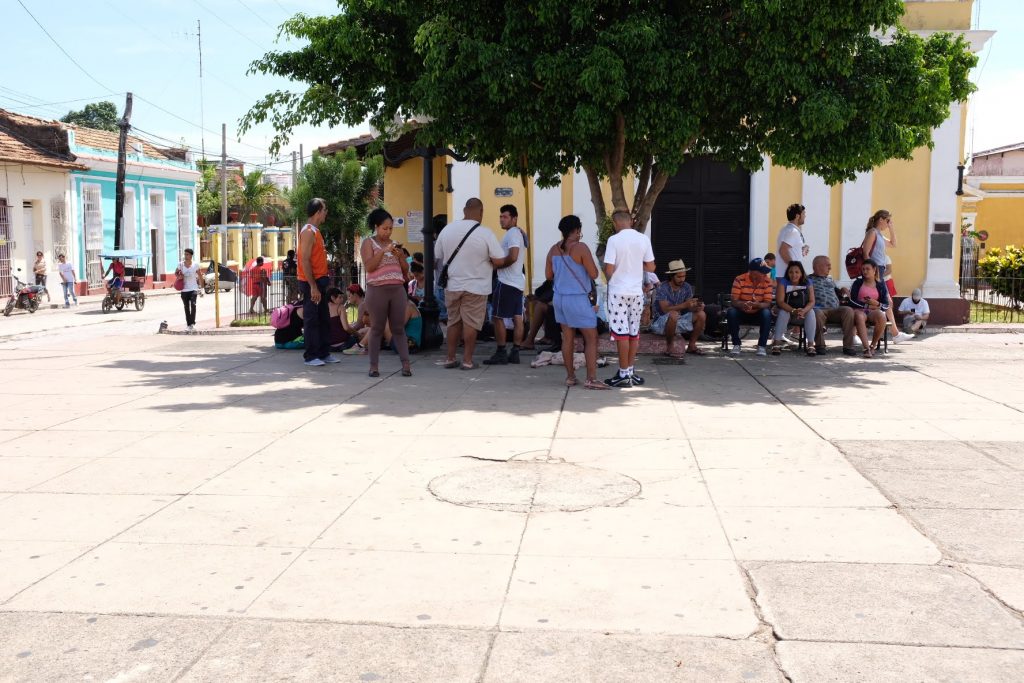
I had so many “why’s” every day. In Cuba, some things are beyond explanation. It is better just to accept things as they are and enjoy the people, the landscape, and the culture.
One thing I do know is that Cubans are amazing problem solvers. Because they lack so many basic supplies, they have to be creative in order to get what they need. Luis told us about trying to find a door for his home that he was renovating. He found out that there is no place in Havana, probably in all of Cuba, that sells doors. Wood is also very scarce, so it is not likely that you could find someone to make a door. You must be resourceful in order to get anything done in Cuba.
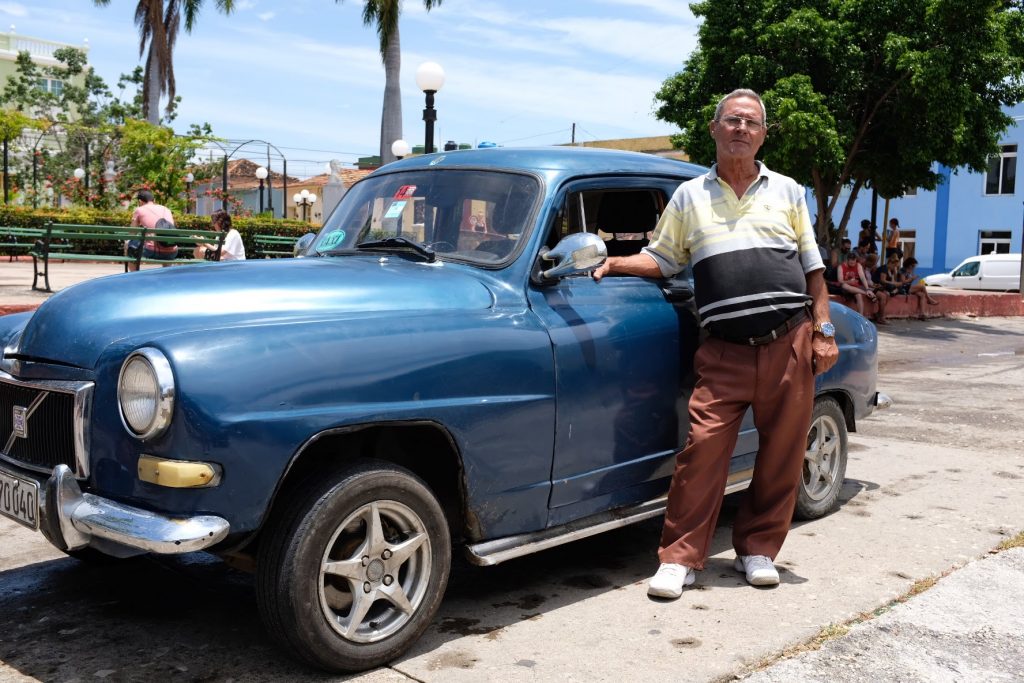
Old American cars are everywhere in Cuba. They are not meant to be tourist attractions. Cubans use them as “colectivos,” or shared taxis. Tourists use them as private taxis. Under the hood are parts from various car manufacturers spanning several decades. Nothing is new. Every repair is made by recycling old parts. Every block has several men working on one car or another. Their owners proudly share the stories of each repair.
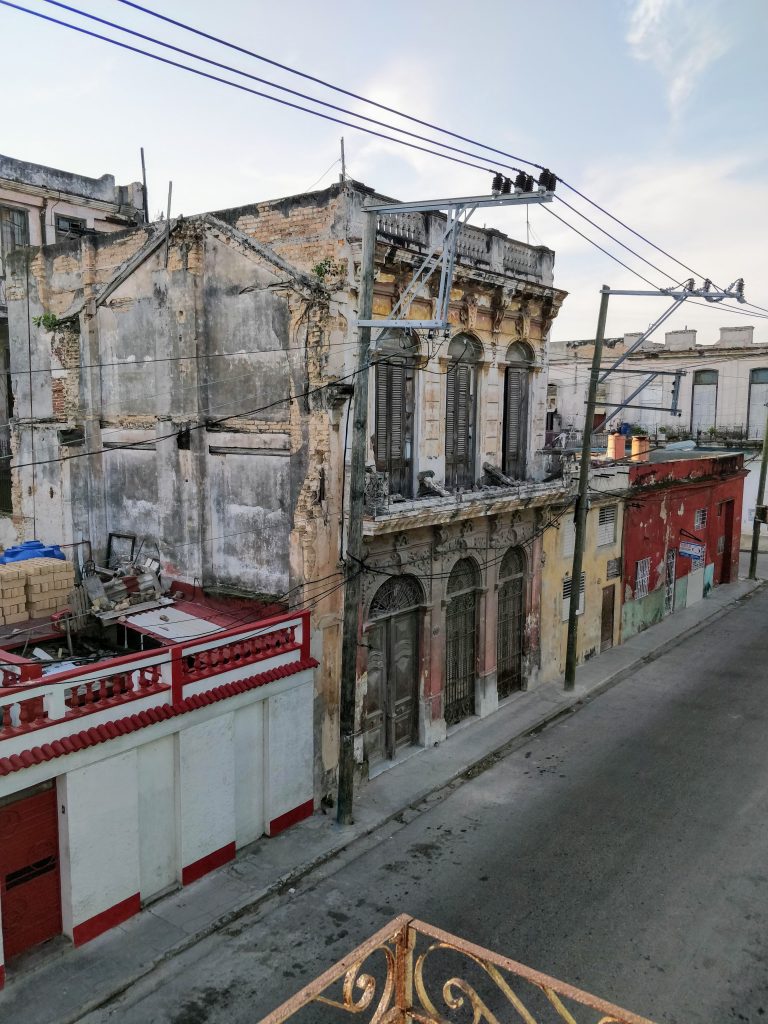
How do Cubans survive if the top salary is just $35 a month? I don’t know how everyone survives, but I do know that renting rooms to tourists is one way. Someone who rents out rooms can earn a thousand dollars or more a month. When President Obama eased travel restrictions to Cuba for Americans, this made a huge difference in many Cubans’ lives. Now that slightly tighter restrictions are in place under President Trump, American tourists in Cuba have slowed to a trickle. The Cubans I talked to want Americans to return.
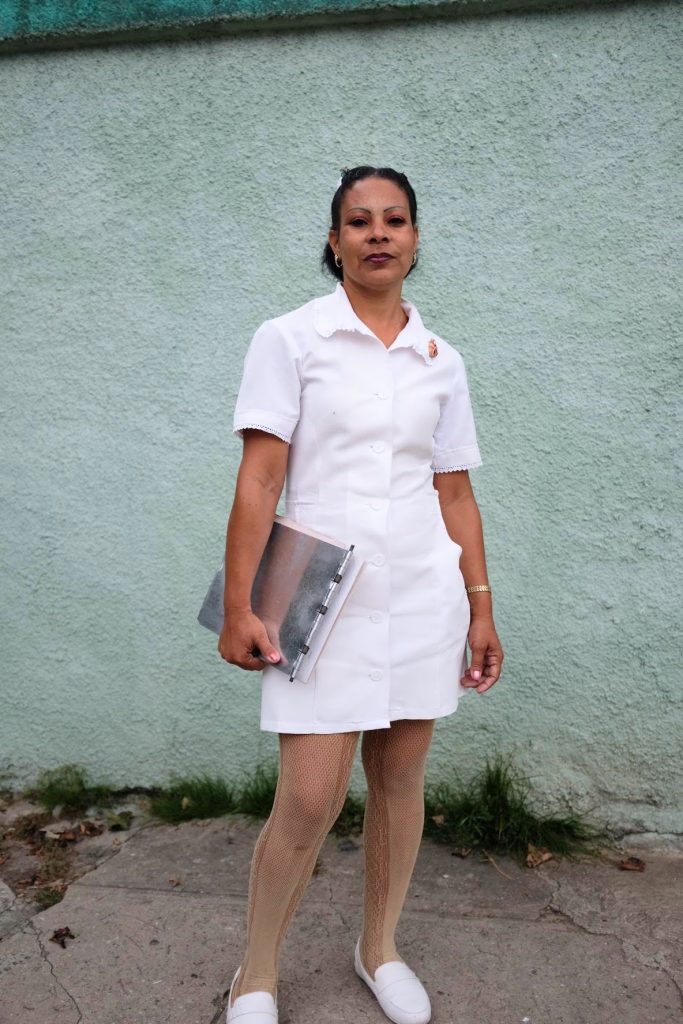
Others have survived because relatives in the US or Europe have brought back money and supplies. Still, there are many without these connections and many who do not have a room to rent out. Cuba can be paradise for travelers, but for the many Cubans who live in cramped quarters without air conditioning, every day is a challenge.
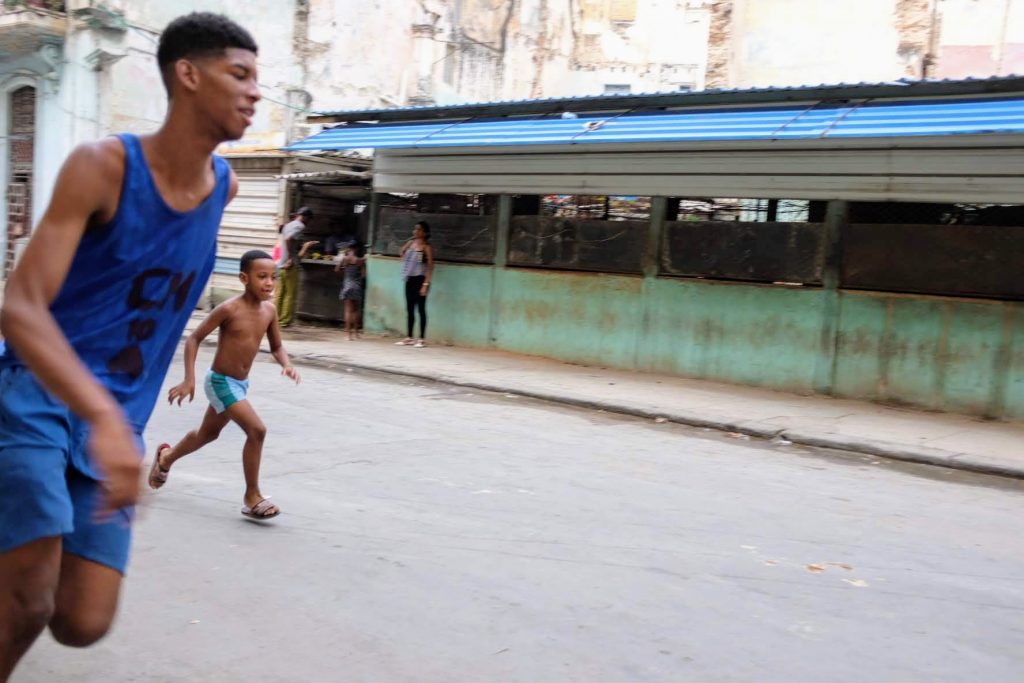
It is not uncommon for Cubans to hold professional degrees that they do not use. My taxi driver from the airport was an engineer who had worked for international airlines. He gave up that career to earn more as a taxi driver. Javiel, our local guide, was also an engineer, but has always worked as a guide. Nurses have given up their careers to rent out rooms. Many people graduate with professional degrees but cannot survive on the official government salary.
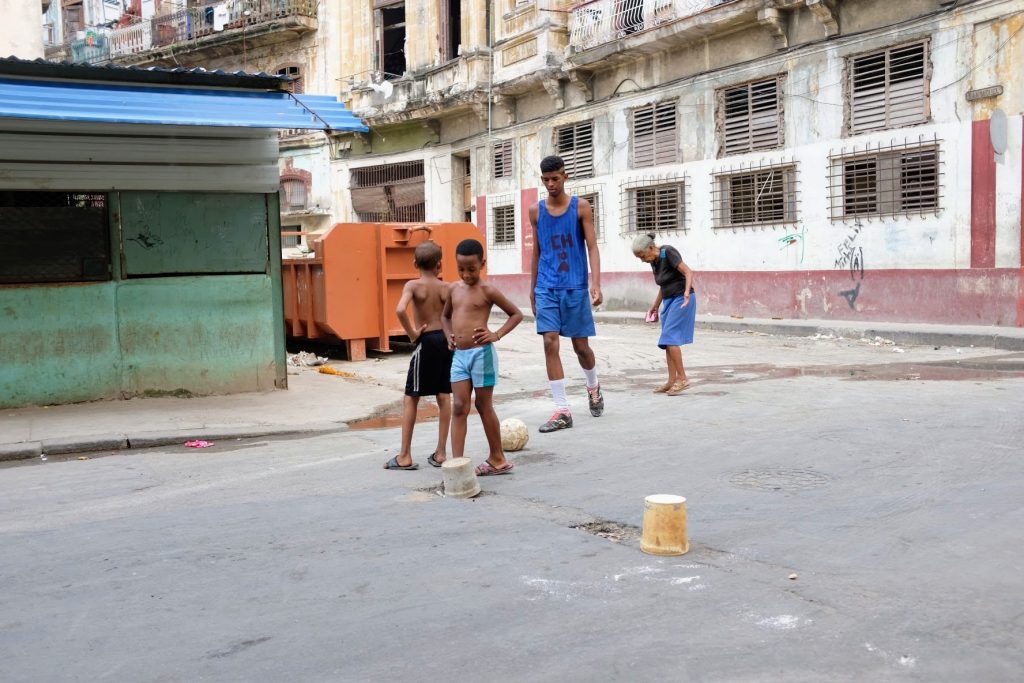
I kept asking “Why?” several times a day during our tour. I usually didn’t find answers, just a few theories. My only comfort was that all of the other travelers I talked with had the same questions and no answers.
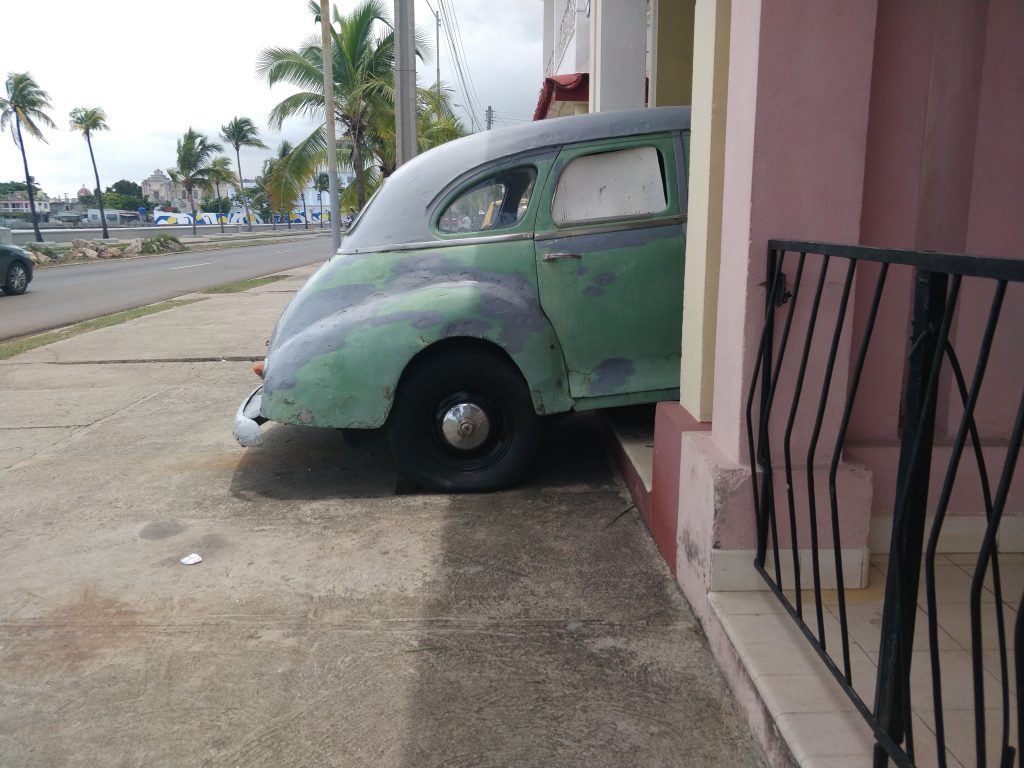
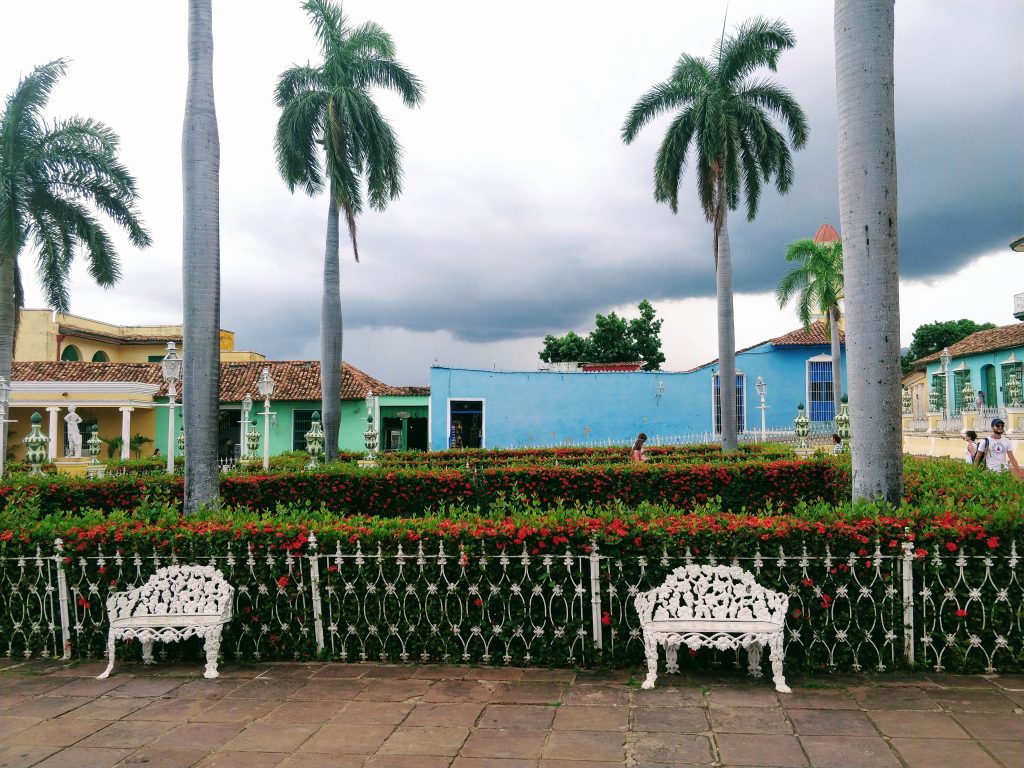
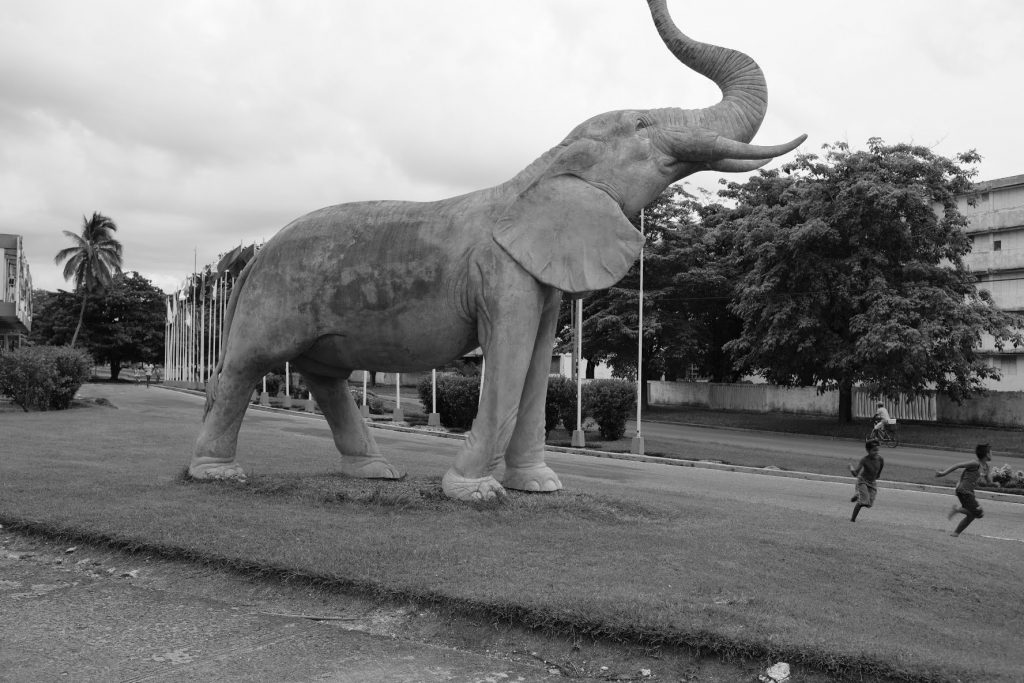

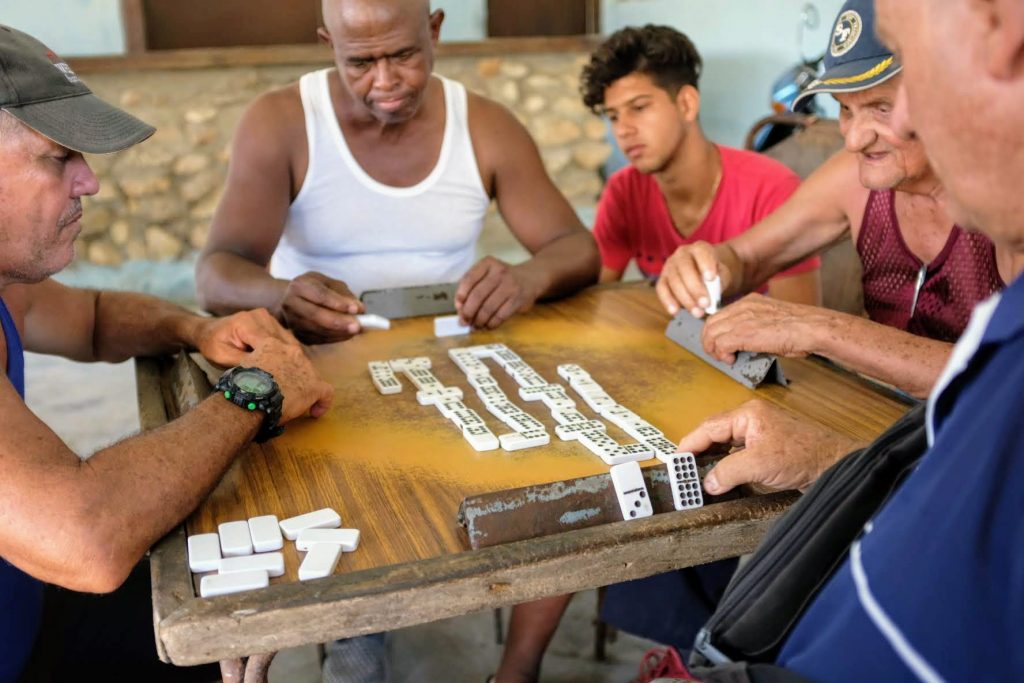
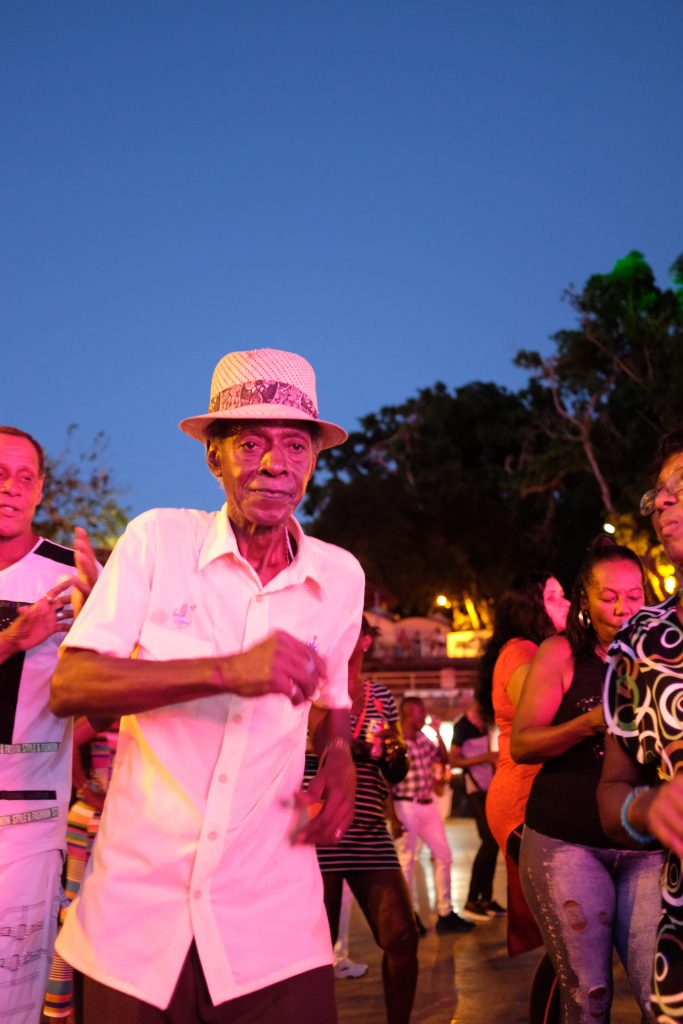


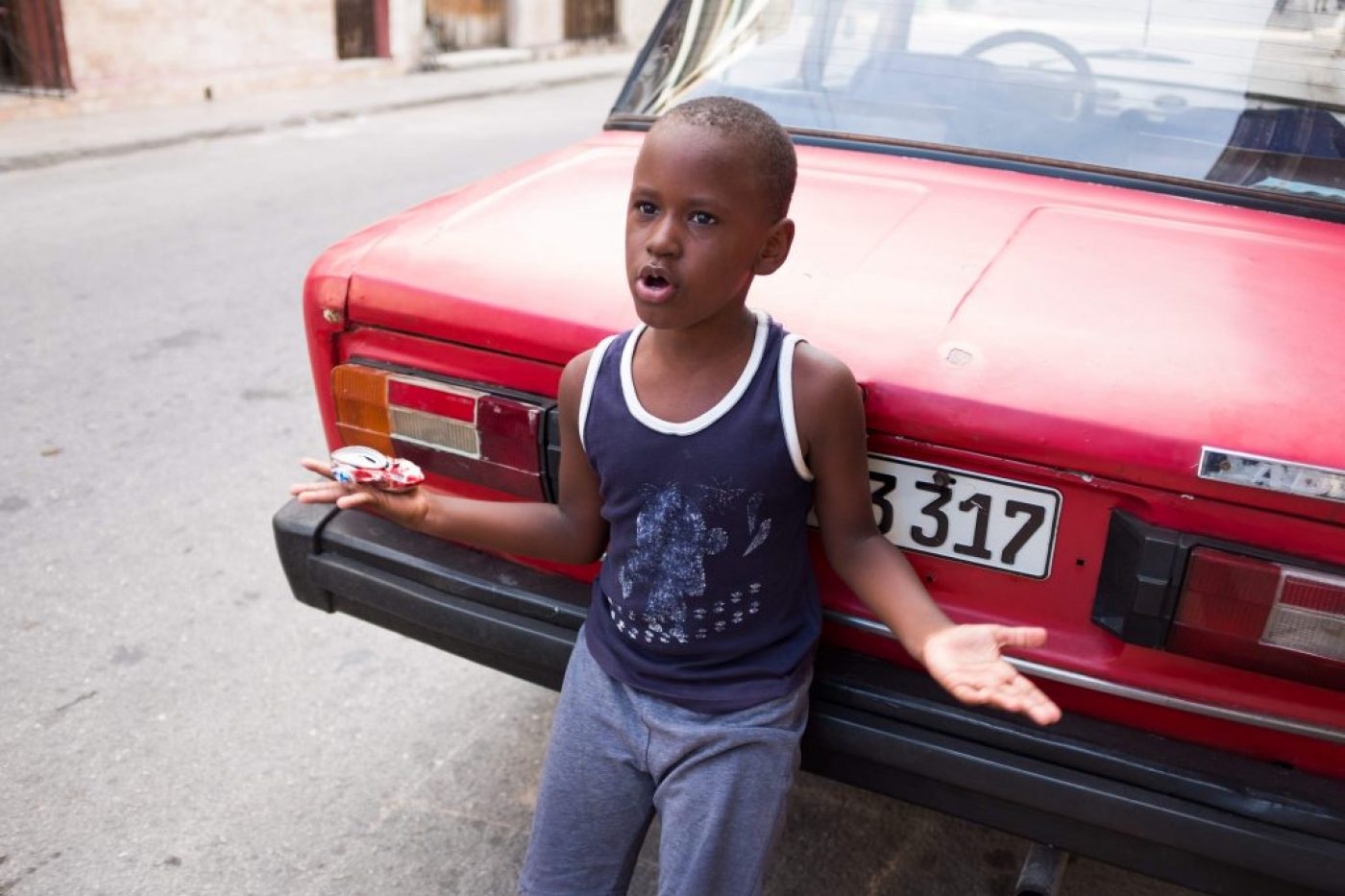
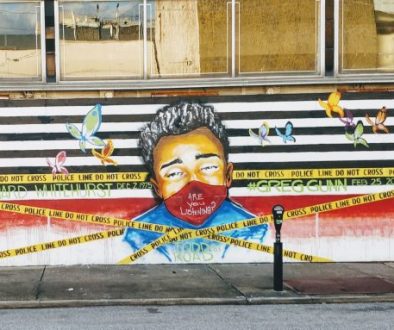
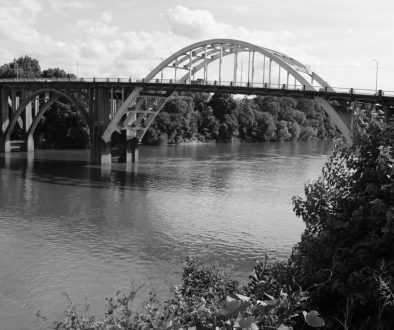
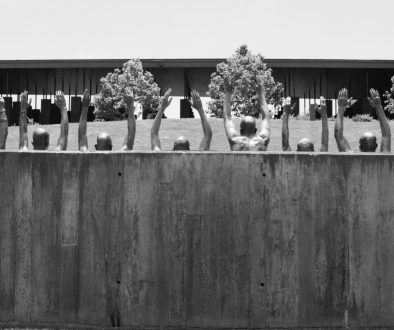
August 9, 2018 @ 01:57
What an interesting country. Makes me realize how easy my life really is. I never knew the whole story behind the cars. Amazing.
August 13, 2018 @ 22:06
I don’t know the whole story either, but it’s been amazing learning the little bit that I have been able to learn. It is certainly a hard life in Cuba, but also hard to understand.
August 9, 2018 @ 08:16
Wow…….so much to think about……..
August 13, 2018 @ 22:07
Germany and Cuba were two extremes. I definitely have a lot to think about.
August 16, 2018 @ 23:12
Finally getting caught up reading your blogs and you already lived it. And who are we to make fun of our government-try living in someone else’s
August 21, 2018 @ 15:00
True.